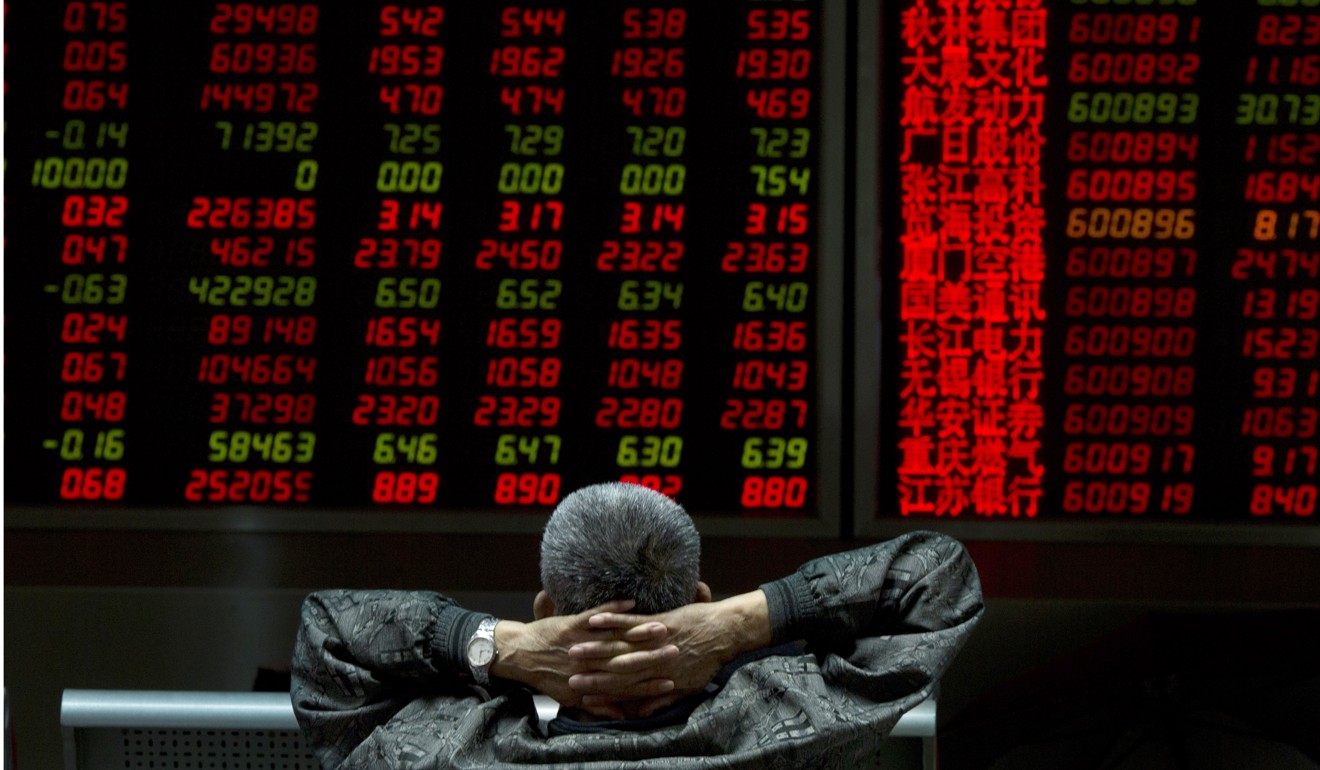
Popularity of investing in China making it harder for PE funds to gain returns
More than 80 per cent of Asian private equity professionals believe China will experience the fastest growth in deal activity in the next two years
The popularity of China for private equity funds is pushing up the cost of the most attractive companies, making it more difficult for funds to achieve returns that satisfy their investors.
The lengthy IPO process on the mainland is also making exiting from an investment more challenging, industry observers say.
“It is starting to become difficult to deploy capital in China, as more capital chases fewer deals. This is driving up valuations,” said James Donnan, the Hong Kong based head of fund services at Intertrust, a firm which provides services to funds.
“The most popular, and hence most competitive, sectors are telecoms, health care and e-commerce,” he said.
Eighty three per cent of Asian private equity professionals believe that China will experience the fastest growth in deal activity in Asia in the next one to two years, according to a survey by Intertrust.
The growth is driven by both domestic Chinese and international funds. Donnan said that a number international private equity investors are now setting up yuan denominated onshore Chinese funds so as to avoid potential delays linked to foreign currency conversions.

Dry powder refers to uninvested cash available to private equity funds.
The two challenges are linked, as higher initial valuations make it more difficult to exit successfully and therefore deter potential investors.
“Exits are made more difficult because while the Chinese onshore IPO market has been buoyant, the process takes a long time,” said Donnan.
Nonetheless investors in Asia are becoming increasingly willing to devote some of their portfolio to alternative assets.
“A key trend is the shift in asset allocation from traditional public markets to private market alternatives like private equity, real estate and infrastructure. This is largely driven by investors’ search for yield and portfolio diversification benefits,” Ravi Menon, managing director of the Monetary Authority of Singapore, said in a speech earlier this year.
However, large funds who are attracted to private equity funds for their potentially higher yields, also have concerns. According to a survey of institutional investors in alterative assets by data provider Prequin, while 84 per cent of investors globally were positive about private equity, 70 per cent had concerns about pricing and valuation.
As this is happening at a time when valuations are rising anyway, private equity funds are starting to look for more creative ways of benefiting from high economic growth rates in China.
“We are now seeing some funds invest in China linked projects overseas, particularly in European or North American companies with advanced technology, which they can then bring back to China,” said Donnan.

